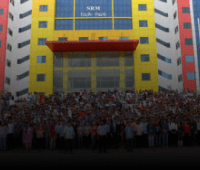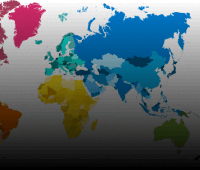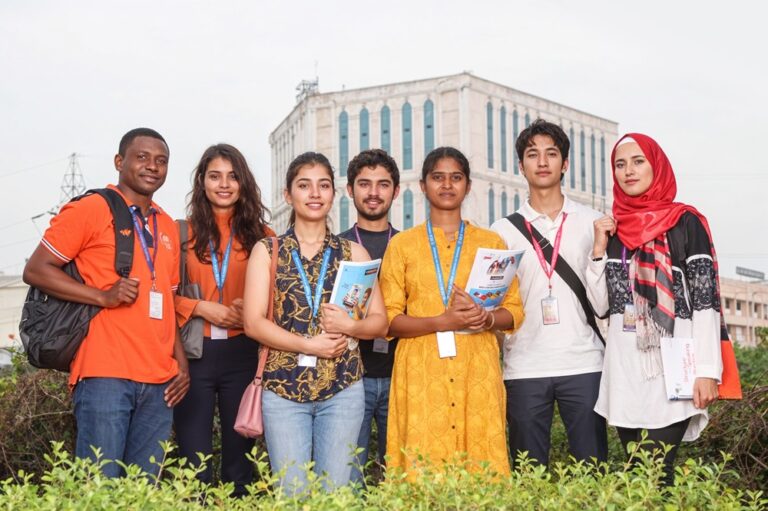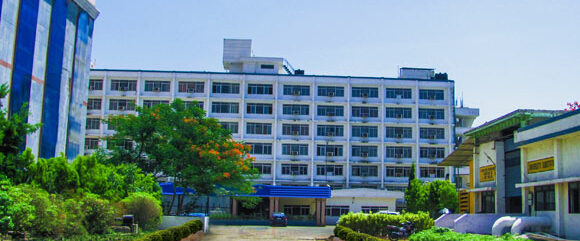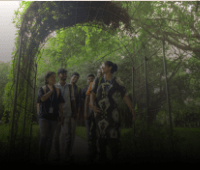River Basin Management
With the influence of climate and land-use changes achieving sustainable water management to preserve rivers is becoming more and more challenging. REACH is an expert in providing a solution for river basin management by forming a strong interactive platform between various stakeholders, including government officials, non-government organisations and locals. To date, we have worked on various Indian River systems including River Ganga and Yamuna in the North, River Daman Ganga and Tapi in the west, River Brahmaputra and Hooghly in the East and River Kaveri, Krishna, Tamirabharani, Adyar and Cooum in the South.
Atmospheric Transport and Modelling
The winds are capable to transport a concoction of constituents including water vapour, trace gases, pollutants and aerosols. Combining measurements with model results on the origin, transport pathways and arrival regions of such substances in real and idealised atmospheric flow provides important constraints to the highly non-linear advection process. Air pollutants are transported through the atmosphere over large distances, from the emission source to their place of deposition. Complex transport patterns can be modelled with Eulerian models (using a fixed grid) and Lagrangian models (tracking trajectories of computational particles and processes acting upon them). Our group does research related to air pollution and air quality modelling.
Wastewater-based epidemiology
Wastewater-based epidemiology (WBE) is set to revolutionize how we understand and measure people’s health. WBE involves the analysis of wastewater for markers of public health like drug metabolites and infectious diseases. WBE can tell us about the nature and quantities of pharmaceutically active substances and other emerging contaminants being consumed in the catchment area and is used to alert us to the arrival of particularly dangerous substances. REACH was among the first few research groups in the country, to start an intensive surveillance of the SARS-CoV-2 viral load in community wastewater for early signaling of COVID-19 pandemic.
Building a climate-resilient future
Resilience refers to the ability of a system, community or society exposed to hazards to resist, absorb, accommodate, adapt to, transform, and recover from the effects of a hazard in a timely and efficient manner, including through the preservation and restoration of its essential basic structures and functions through risk management. However, recent events, such as COVID-19 and extreme events, such as devastating floods and droughts, show that many countries lack the necessary preparedness, coping mechanisms, and governance systems to deal with the systemic nature of risk. This increases the likelihood of climate risks and the cascading impacts of disasters. REACH aims to leverage available funding streams and opportunities for strengthening policies and regulatory frameworks for investments by enhancing spatial and temporal environmental data monitoring and information management for quantity and quality.
Cost-effective Remediation Methods
At REACH, one of our main aims is to focus more on easily adoptable and minimal solutions to a wide range of problems. Hence, we aim to develop cost-effective remediation and removal techniques for harmful chemicals in various environmental matrices. Currently, we are focused on engineered biochar applications for such remediation efforts.


